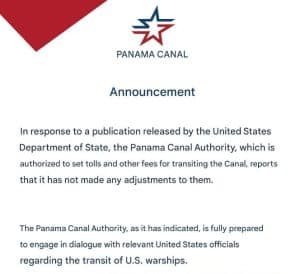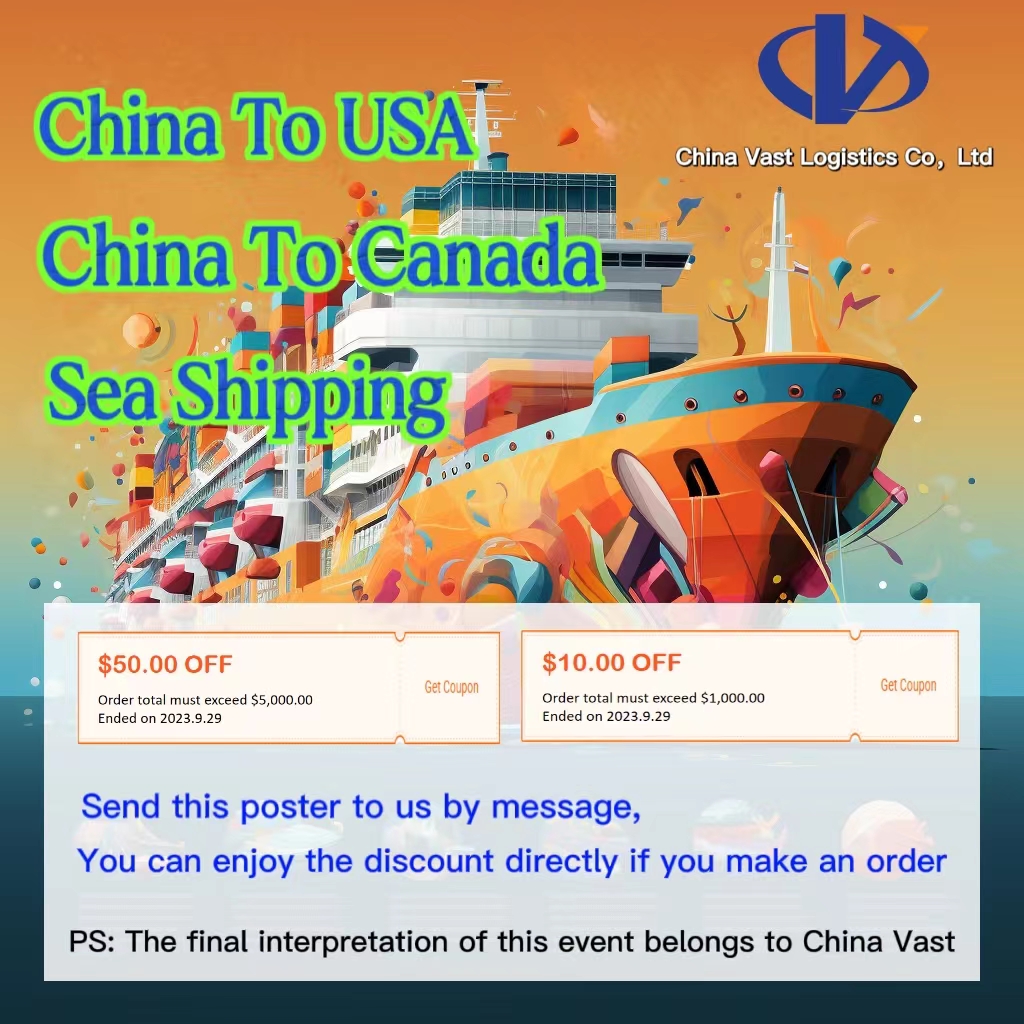
On Wednesday (5th), the U.S. State Department announced that U.S. government vessels can now pass through the Panama Canal free of charge.
In a post on social media platform X, the U.S. State Department stated that the Panamanian government had agreed to waive transit fees for U.S. government ships, a decision that is expected to save the U.S. government millions of dollars annually.
Since December last year, the Panama Canal has been a key focus of the Trump administration. U.S. President Donald Trump previously made bold remarks, claiming that the Panama Canal is a critical U.S. national asset and even threatened that the United States would “take back” the canal.
Additionally, Trump accused Panama of charging excessive canal transit fees.
In response, Panamanian President José Raúl Mulino firmly stated that the Panama Canal belongs to Panama and there is no room for renegotiation.
However, shortly after the U.S. State Department’s announcement regarding free transit for U.S. government ships, the Panama Canal Authority (ACP) quickly issued a statement denying the claim.
The Panama Canal Authority stated that while they had noticed the U.S. State Department’s remarks about “free transit”, they had made no changes to the existing fee structure.
The statement emphasized that the Panama Canal Authority retains full authority over the canal’s tolls and other charges.
Diplomatic Tensions Amid U.S. Pressure on Panama
Notably, this diplomatic misunderstanding comes just days after U.S. Secretary of State Marco Rubio met with President Mulino and Panamanian Foreign Minister Martínez-Arce on February 2.
Following this meeting, on February 3, 2025, Mulino made a sudden announcement that Panama would not renew its 2017 Belt and Road Initiative (BRI) memorandum of understanding with China. Furthermore, he stated that Panama intends to terminate related agreements ahead of their scheduled expiration in 2027 and 2028. He also pledged to allow U.S. military ships free passage through the Panama Canal.
During his first overseas visit as Secretary of State, Rubio made several hostile remarks against China. On February 2, he pressured Panama to immediately curb Chinese influence in the canal region and even directly threatened President Mulino. He warned that if Panama did not comply with Trump’s demands to weaken China’s presence, the U.S. would take “necessary actions” against the country.
This latest diplomatic controversy raises concerns over U.S. intervention in Panama’s sovereignty and further escalates tensions over the strategic control of the Panama Canal.

